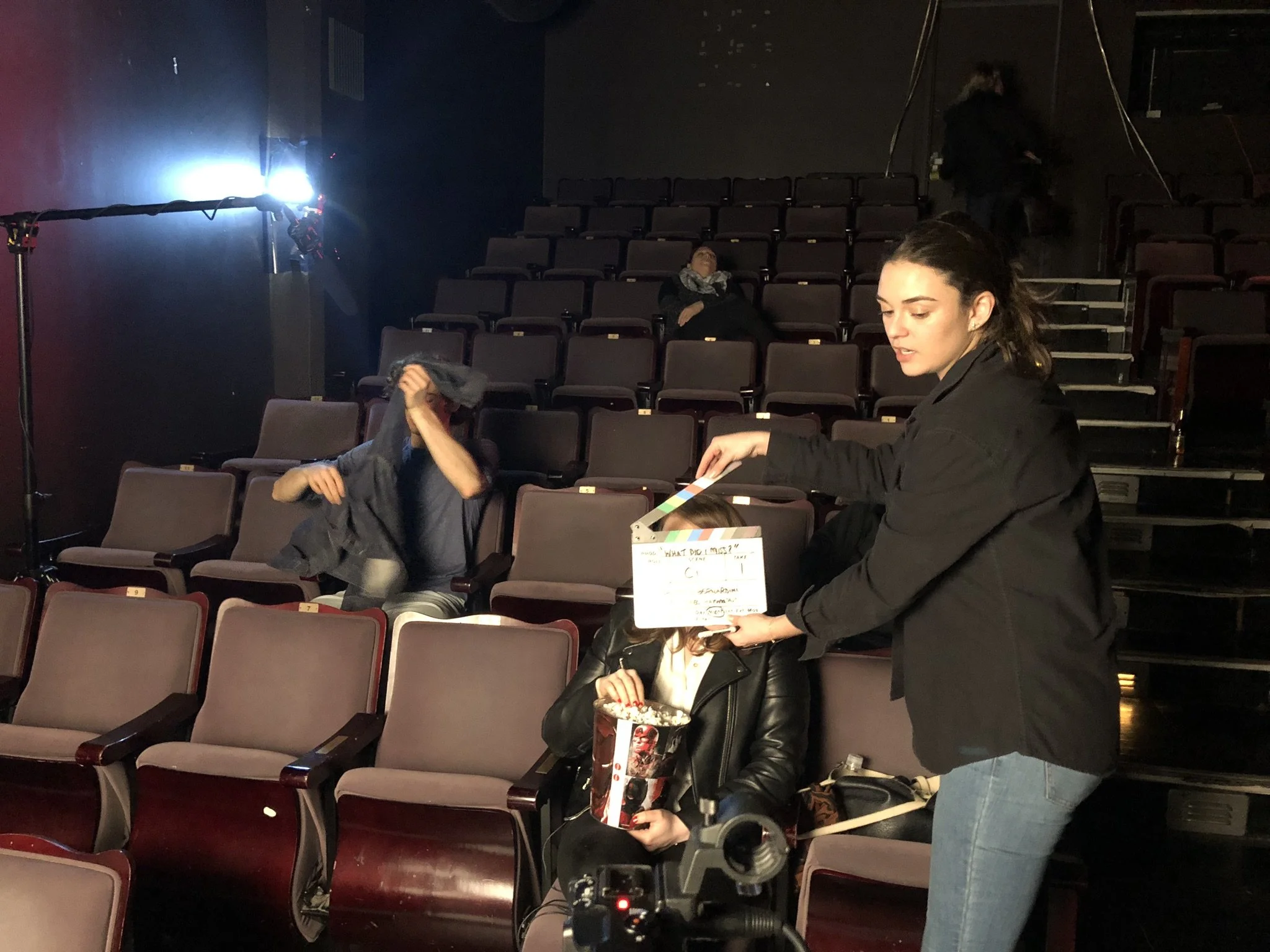Making Mistakes in Cinematography
First of all, the point of this post is to remind you that you’re human. Me too. And we all make mistakes. No big deal. But mistakes can feel a lot bigger when under a pressure situation like a movie set. And whether it’s a short film or an interview with a small client, we can feel like the world is on our shoulders as cinematographers.
I’ve made some mistakes on set that were really dumb. Here’s a short starter list:
Forgot to hit “record” while a client did their interview
Didn’t make sure a light stand was tight enough and it fell while I was interviewing someone
Forgot to fine-tune my exposure so my final video was a little blurry. Good stuff for showing to a client!
Used lights that weren’t very good and talent’s skin was green. But I didn’t notice it until we got the footage in post
Moved a light in the middle of shooting a short film without the approval of the director (I refer to this in the accompanying video)
And the list goes on and on. My mistakes have ranged from little tiny things no one else noticed, to being pretty embarrassed in front of a client.
Here’s what I’ve learned along the way.
Tip #1: Trust your team
I know it can feel like you’re on your own when you’re the cinematographer - especially when you’re just starting out - but you’re usually not in this alone. If you’re faced with a situation that makes you feel like you’re sinking on set and you can’t figure something out, get out of your head and ask your team members for some ideas. You can do this discreetly (not in front of the client) to save face. Your team members are all filmmakers and will usually have some ideas for you.
Tip #2: Trust yourself
Understand that at any time you can just stop, think and figure something out. When you accept you’ll make mistakes and can’t possible know everything about everything, you’ll calm down and say “OK, how do I fix this?” It even becomes easier to say “I’m not sure how to do this thing” out loud because you’ll learn that you will, eventually, come up with a solution. That’s because you’re encountered challenges before and - guess what? - you’ve figured them out. This new “thing” that is challenging you on this particular filmmaking day is just another one of those things.
Tip #3: Expect the unexpected
There is no project in any time zone in any city on Earth in any time period that has gone according to plan. I don’t care if it’s a camera not working, an important team member not showing up, not have the right equipment available, the talent being late, a missing script, a location not being unlocked on the day of shooting, etc. etc. etc. Man, I’ve seen it all. And I’ve learned that expecting the unexpected is a great way to take pressure off our shoulders because we know that it’s completely normal for things to go a little weird.
Tip #4: Debrief yourself
When the day or project is done, stop and think about all the challenges and unplanned emergencies that came up. Why did they happen? Was there anything you or your team could have done differently? How did you react? Did you keep your cool or did you blow your stack.
Every situation is a learning situation if you take time to think it through.
Happy shooting!
